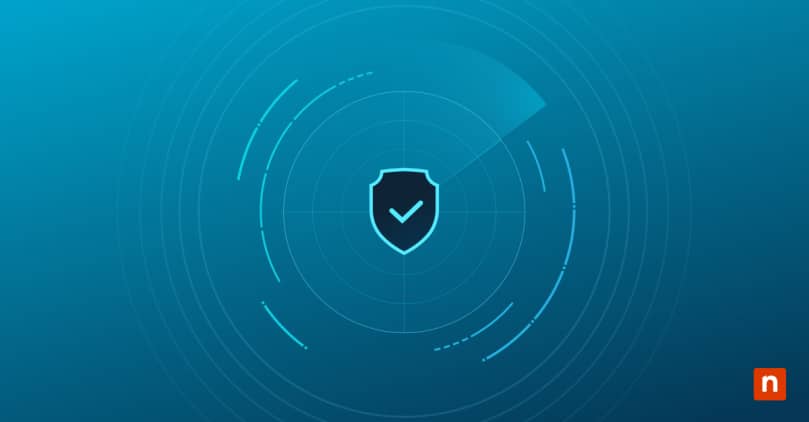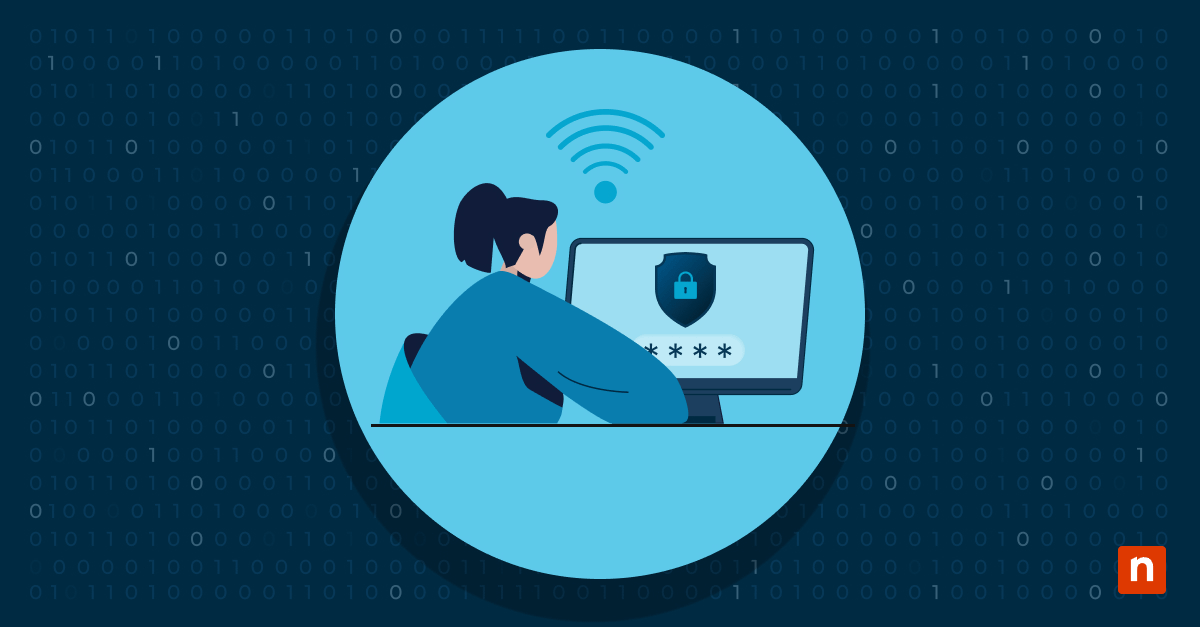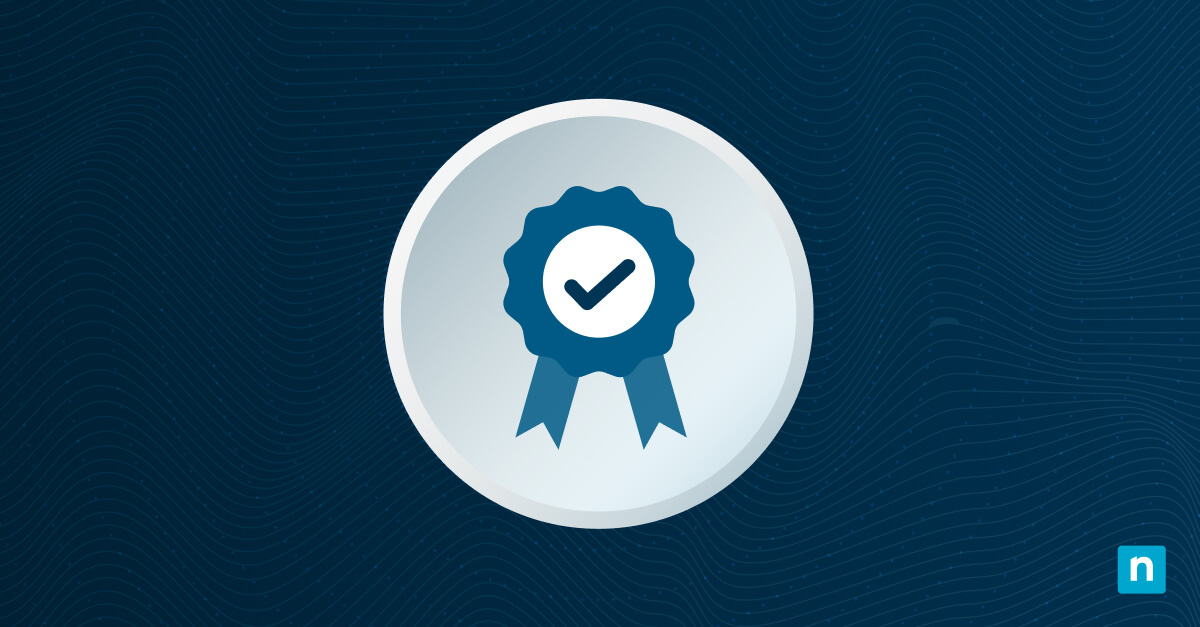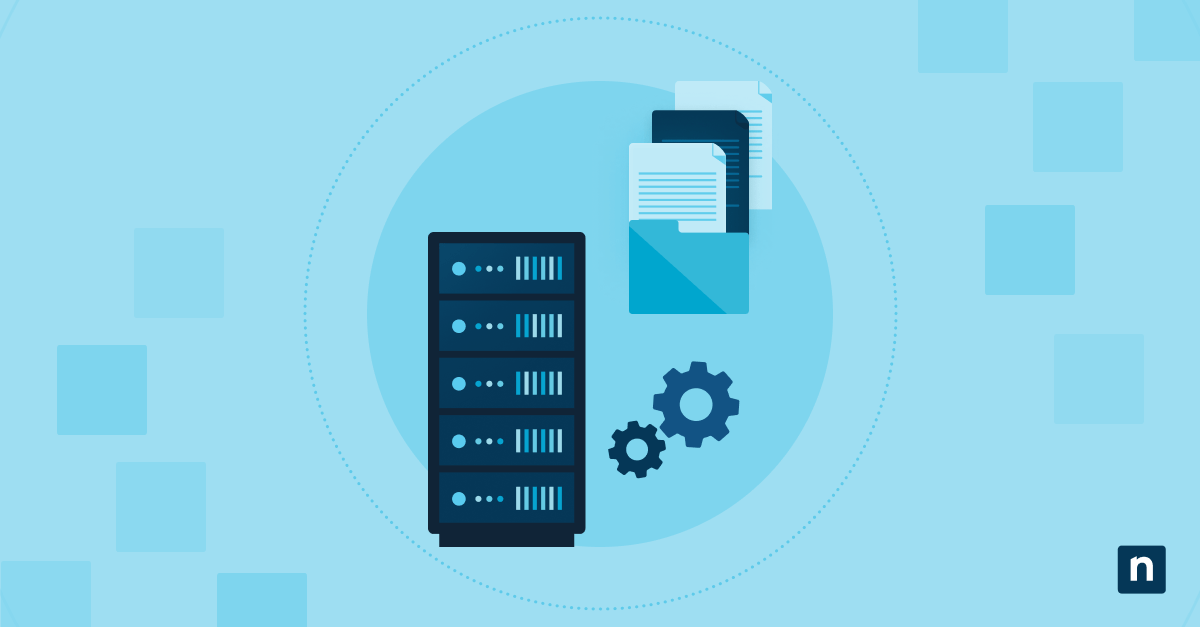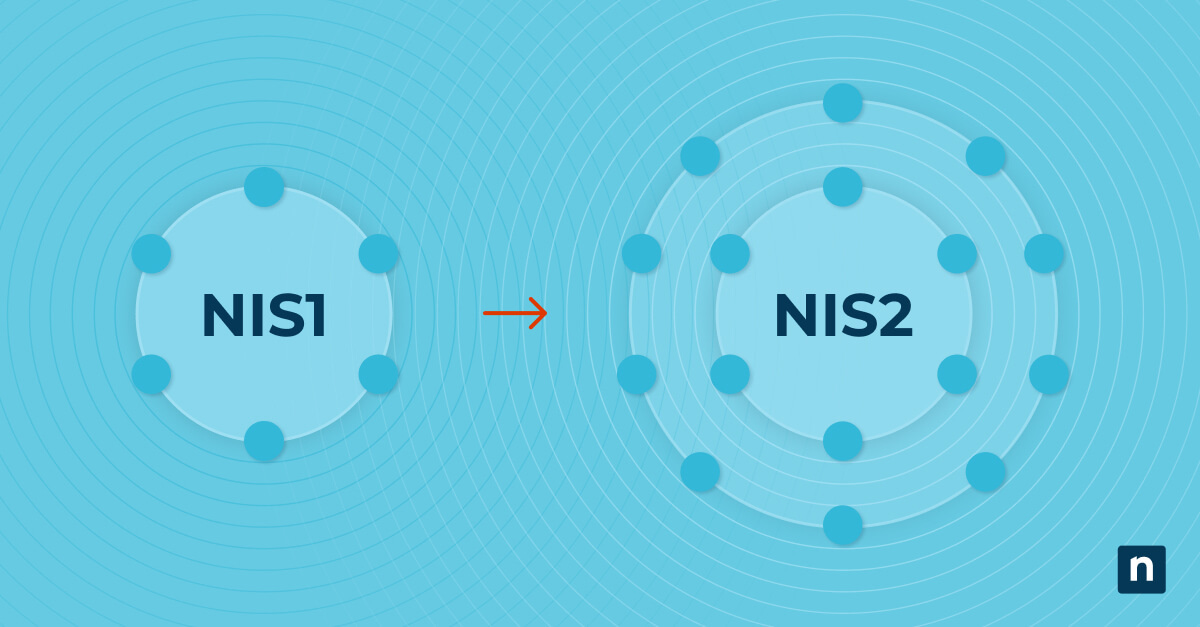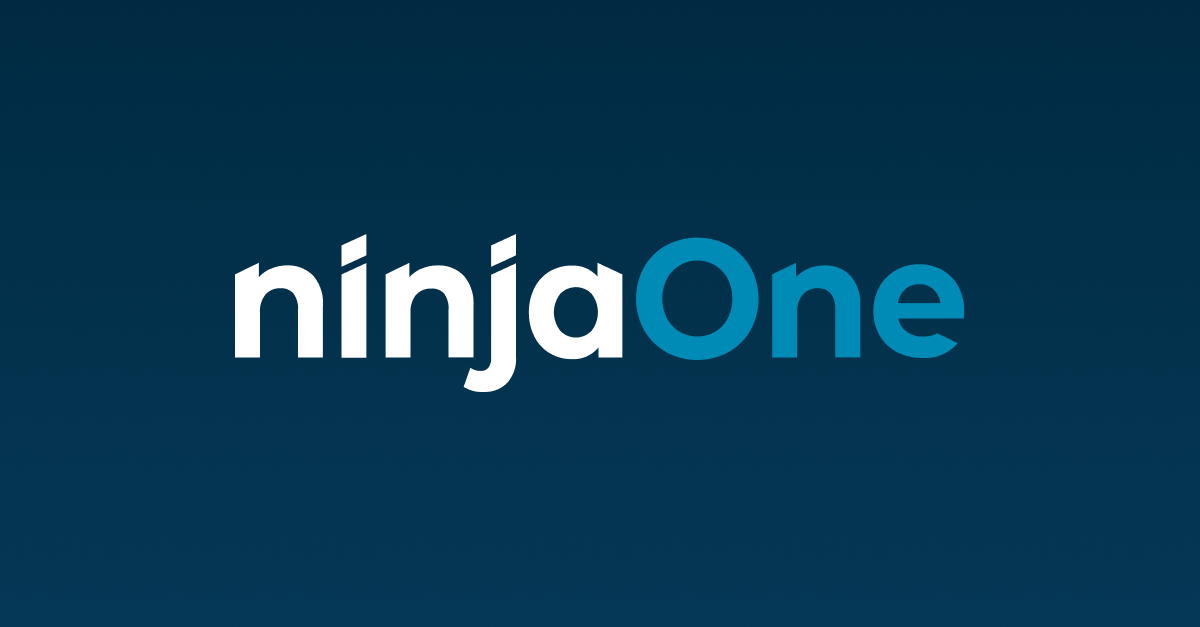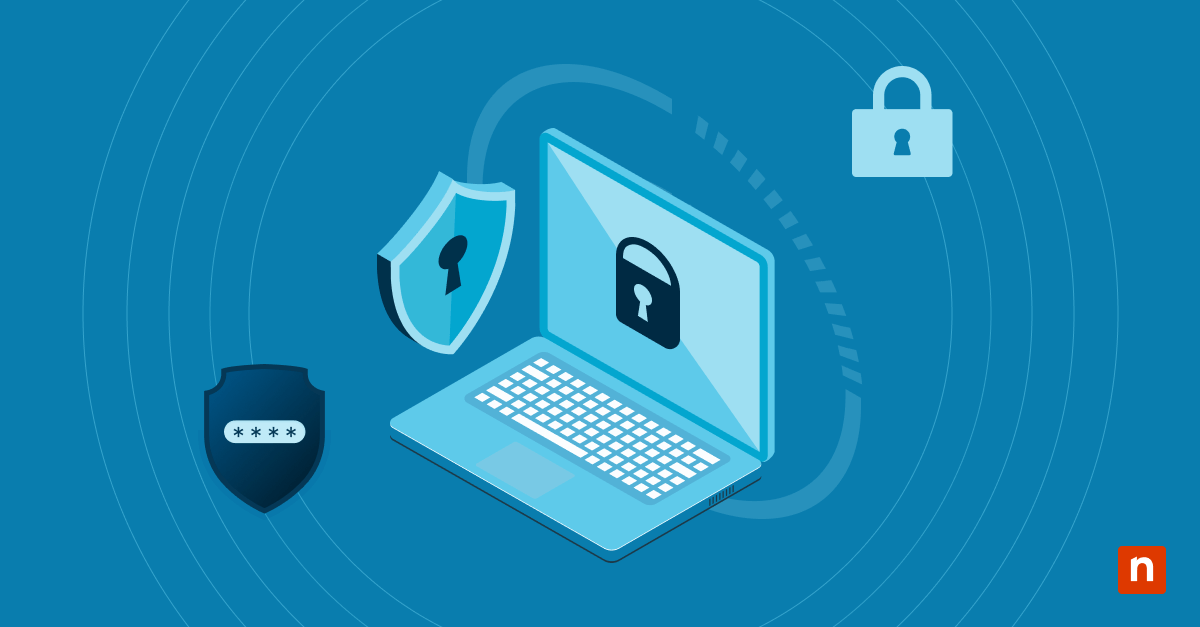Understanding NIS2 vs ISO 27001 is key to grasping how different frameworks govern information and network security across various sectors. With the surge in cyber threats, protecting the safety of information systems has never been more critical.
Introduction to NIS2 vs ISO 27001
At first glance, NIS2 and ISO 27001 might seem to tread similar paths in cybersecurity and information protection. However, a closer inspection reveals distinct paths each framework takes toward a secure and resilient digital environment. Your exploration into understanding these frameworks starts with dissecting their core objectives and scope.
Scope and objectives of NIS2 vs ISO 27001
Before diving into their specific focus areas, it’s important to understand the broader context in which these standards operate. Consider the differences in these areas:
NIS2 & network and information systems security
NIS2 is an update to the previous NIS Directive, expanding its reach to cover the sectors deemed essential for societal and economic activities. It’s not just about keeping information safe; it’s about making sure that critical infrastructure services like energy, transport, banking, and health can withstand and recover from cyber incidents. NIS2 compliance means embracing stringent measures to protect the core networks and information systems that keep these sectors running.
ISO 27001 & information security management systems (ISMS)
Alternatively, ISO 27001 doesn’t target specific sectors. Instead, it offers a universal blueprint for setting up and maintaining an Information Security Management System (ISMS). This is about safeguarding all forms of information, whether digital, paper-based, or cloud-stored, against any form of breach or misuse. ISO 27001 compliance reflects a commitment to a systematic and ongoing approach to managing information security risks that concern any organization, regardless of its type or size.
What is NIS2 compliance?
As you work towards compliance with NIS2, it’s important to understand its key aspects and obligations. This framework is designed to secure critical infrastructure sectors so they remain resilient against disruptions.
Regulatory requirements for critical infrastructure sectors
The NIS2 compliance roadmap contains regulatory requirements tailored to protect the infrastructure vital to society’s well-being. This compliance isn’t optional; it’s an obligatory measure for sectors identified as critical. Its intent is not only to secure systems but also to guarantee that these sectors can maintain their services even in the face of disruptions.
Risk management and reporting obligations under NIS2
Part of the NIS2 directive involves rigorous risk management and the duty to report significant cyber incidents. It’s a framework designed to not just respond reactively but to proactively prevent and minimize the impact of potential threats. Achieving and maintaining compliance here means continuously evaluating threats, vulnerabilities, and impacts to ensure robust protections are in place and functioning as intended.
Challenges in achieving and maintaining NIS2 compliance
The road to NIS2 compliance is challenging, particularly due to its stringent and sector-specific regulations. Staying compliant requires constant vigilance, regular updates to security measures, and a clear understanding of evolving threats. Furthermore, the mandatory incident reporting within tight deadlines adds another layer of complexity to compliance efforts.
What is ISO 27001 compliance?
When approaching ISO 27001 compliance, you first need to understand the foundational elements that make this standard effective. ISO 27001 focuses on establishing a structured and adaptable Information Security Management System (ISMS) that addresses your organization’s unique risks and requirements.
Establishing and maintaining an ISMS
ISO 27001 compliance begins with establishing an ISMS tailored to your organization’s specific needs and risks. It’s a comprehensive, systematic approach encompassing people, processes and technology to safeguard your information assets. The flexibility of ISO 27001 allows it to be adapted to any organization, making it a universally applicable standard.
Risk assessment and treatment process in ISO 27001
The foundation of ISO 27001 is its risk assessment and treatment process. It requires you to methodically identify the risks to your information assets and decide on the most appropriate security measures to mitigate these risks. This process is not a one-time activity but a continuous one, ensuring that your ISMS remains effective over time.
Continuous improvement and internal audits for ISO 27001 compliance
ISO 27001 doesn’t allow for complacency. It demands continual improvement, driven by regular internal audits, management reviews and the ongoing pursuit of correcting and preventing non-conformities. This cycle means that your ISMS is not only effective today but evolves with changing threats and organizational objectives.
NIS2 benefits vs. ISO 27001 compliance benefits
When comparing NIS2 vs ISO benefits, you need to recognize that both frameworks offer distinct benefits tailored to different organizational needs and objectives. Here are some specific advantages of each:
NIS2 benefits
- Enhancing national security: NIS2 directly contributes to the protection of essential services that are critical to national security.
- Increasing societal resilience: By securing critical infrastructure, NIS2 helps ensure that societal functions remain intact even during cyber incidents.
- Sector-specific guidance: NIS2 provides targeted recommendations for sectors deemed vital to the economy and society.
- Operational continuity: It emphasizes the need for resilience and continuity of operations in critical sectors.
ISO 27001 benefits
- Building trust: ISO 27001 certification demonstrates a strong commitment to information security, boosting trust among clients and stakeholders.
- Global recognition: It’s internationally recognized, enhancing your organization’s reputation and credibility.
- Comprehensive security management: ISO 27001 provides a systematic approach to managing information security risks across all areas of your business.
- Improved competitive edge: Compliance can give your organization a competitive advantage by showing that you meet high standards of information security.
Comparative analysis of benefits for organizations
When deciding between NIS2 compliance, ISO 27001 or considering the integration of both, it’s important to assess your organization’s specific needs and sectoral focus.
NIS2 is particularly beneficial for organizations operating within critical infrastructure sectors, where the emphasis is on maintaining operational resilience and national security. ISO 27001 offers broader applicability, focusing on building a comprehensive information security management system that can benefit organizations across all industries. While NIS2 fortifies national and societal security, ISO 27001 strengthens trust and enhances your organization’s global competitive stance.
Choosing between NIS2 vs ISO 27001 for your organization
Deciding whether to pursue NIS2 vs ISO 27001 compliance or both requires a careful evaluation of your organization’s sector, the specific risks it faces, regulatory obligations and strategic priorities. Consider which framework aligns best with your operational landscape and will effectively mitigate your key vulnerabilities.
Integrating both NIS2 and ISO 27001 for comprehensive security
Integrating both standards is often advantageous. Leveraging both NIS2 and ISO 27001 can provide a comprehensive security posture that aligns with legal obligations while fostering an organizational culture of continuous improvement in information security management.
Compliance with NIS2 and ISO 27001 should be viewed not just as regulatory checkboxes but as strategic organizational assets. They equip you with the mechanisms to protect against current threats while also anticipating and adapting to the digital landscape’s evolution. Long-term, this proactive stance can safeguard your operations, enhance your reputation and secure your position in a competitive, trust-driven market.
Whether your choice leans towards NIS2’s security mandates for critical sectors, ISO 27001’s comprehensive approach to information security or a blend of both, the ultimate goal remains the same: to shield your operations from cyber threats and guarantee resilience.

